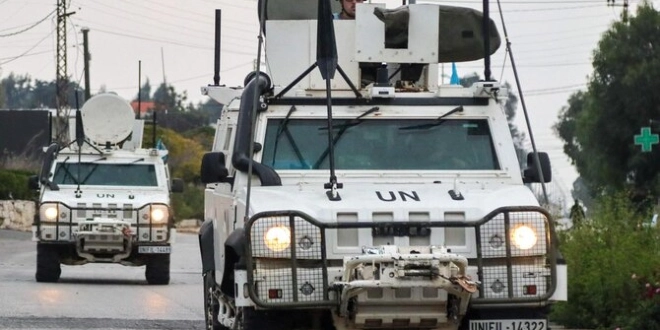Minister for Housing James Browne has acknowledged that the Government’s pre-election commitment to deliver 41,000 new homes in 2025 is now highly unlikely to be met. Speaking at the launch of the St Teresa’s housing development in Dublin — a project first discussed over 25 years ago — the minister described the target as extremely difficult to achieve, citing a slower-than-expected start to the year.
According to the minister, the challenge stems from a lower-than-anticipated base in 2024, making the projected jump to 41,000 completions a significant climb. Forecasts from economic bodies such as the Central Bank and the Economic and Social Research Institute (ESRI) currently estimate a more realistic output of approximately 33,000 to 34,000 homes by year-end. These projections have been consistent across multiple sources.
While Browne expressed hope that housing supply could accelerate later in the year, he conceded that a large portion of completions typically occur in the final months. He also reaffirmed the Government’s focus on activating supply as swiftly as possible, but tempered expectations by referencing national and international housing market constraints.
This is the second time in a single week that the minister has publicly cast doubt on the housing goal. A similar admission was made during an appearance on RTÉ’s Prime Time. Opposition parties have repeatedly criticised the Government for maintaining public confidence in the 41,000 figure despite warnings from departmental officials that the target was likely unachievable. These accusations include claims that internal assessments were ignored or contradicted in the run-up to last year’s general election.
Debate Over Role of Housing Leadership Structure
Separately, Minister Browne responded to media reports concerning recent comments made by his department’s Secretary General, Graham Doyle. At a conference hosted by Property Industry Ireland, Doyle reportedly expressed skepticism about the need for a so-called housing tsar, clarifying that the term had never been officially used by the Department of Housing.
Doyle indicated that he did not support the concept when it was put to a vote at the conference. However, Minister Browne rejected any suggestion of division within his department, stating that Doyle fully backs the newly established Housing Activation Office and its executive leadership model.
The minister emphasized that any perceived disagreement was a matter of terminology rather than policy. He added that he had spoken with Doyle since the event, and reiterated that the Secretary General remains committed to the creation and operation of the Housing Activation Office. While acknowledging that civil servants may express differing views, Browne asserted that final decisions rest with the elected Government.
Homelessness Figures Awaited Amid Broader Housing Pressure
The remarks come at a time when pressure continues to mount over the state of housing provision in Ireland. The latest homelessness figures are due to be released by the Department of Housing, with thousands of people still residing in emergency accommodation across the country.
Minister Browne stated that he had not yet reviewed the new data, but highlighted that homelessness persists even in cities with advanced housing systems. He pointed to the particularly acute situation in Dublin, where high rental prices remain a major contributing factor. The figures are expected to draw further scrutiny amid ongoing debate about the Government’s housing performance and its capacity to meet growing demand.
 The Daily Star Ireland
The Daily Star Ireland

